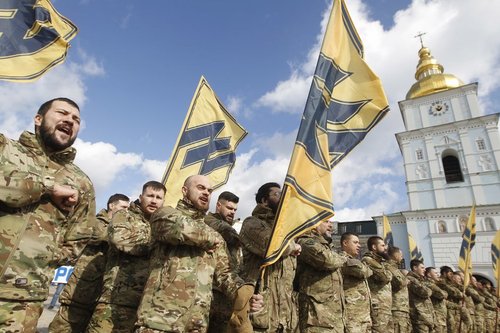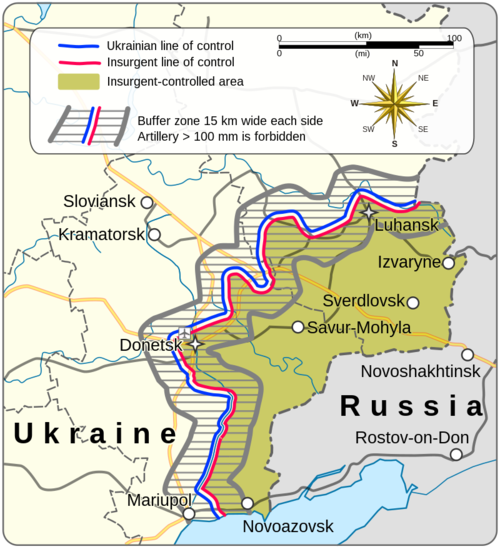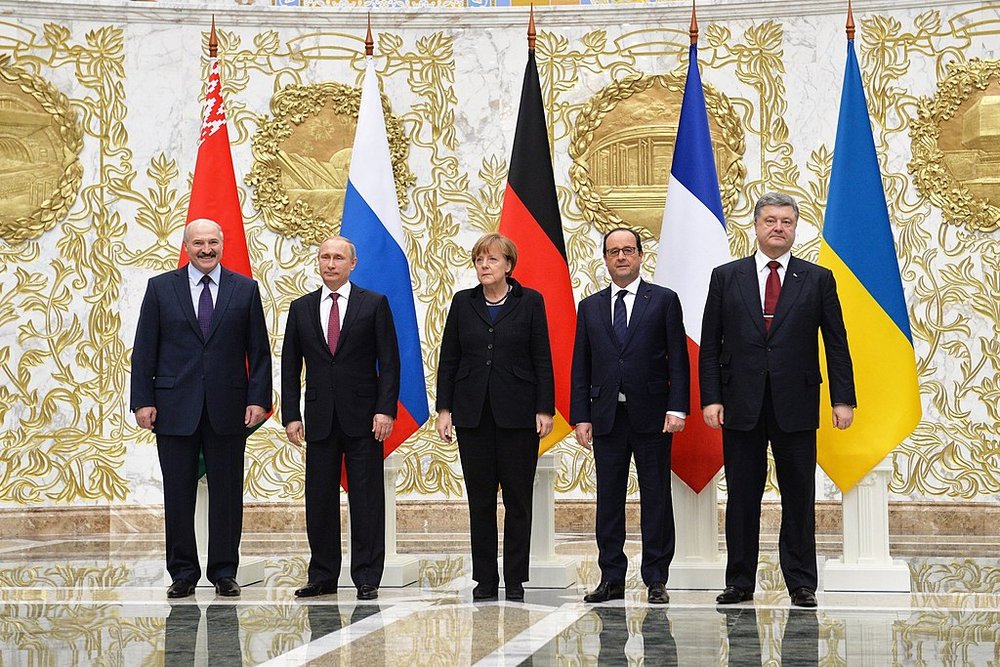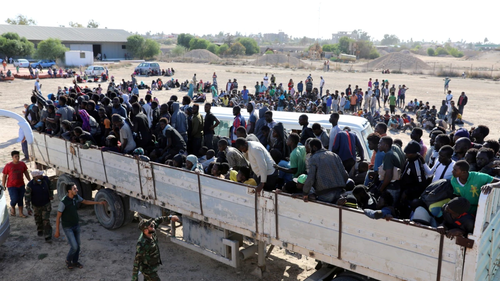by Ujima People’s Progress Party
Recent corruption allegations against Nick and Marilyn Mosby, a prominent Black political couple in Baltimore City, have reignited discussions centered around the Black misleadership class, building Black political power and the eventual conflict with white establishment power. There are many lingering questions surrounding how best to create, advance, and support a genuine Black political movement that serves the interests of the majority of Black people.
As a Black-working class led party, we unapologetically support the struggle to develop independent Black political institutions capable of winning power to Black working and poor people, who make up the vast majority of our community. We exist as an institution to challenge the fallacies perpetrated by the U.S. capitalist ruling class about participation in the two-party political system.
We understand that the entire foundation of white capitalist power rests on a pedestal of stolen land, genocide and stolen Black labor to launch and maintain itself. We have no doubts that the white ruling class would attack any Black independent political machinery that emerges to struggle against and defeat a social system that exploits and oppresses Black, Brown and working people.
For many, these allegations by elements of the state and its racist implications drive a narrative that attempts to dominate all the space upon which the Black community must make a decision about choosing whether or not to support the state or members of the Black political elite.
As conscious, working-class organizers building Black working-class power, we know our fortunes do not lay with either of the sides in this growing investigation. We know that neither the Black political class nor the U.S. justice system represents revolutionary or progressive politics that will overturn an exploitative, racist, capitalist system and put power in the hands of Black and working-class people.
Black working-class people must be clear that it is not corruption that undermines the self-determination and equitable treatment of the Black community and working-class people but instead the broad daylight administration of policies, laws, and institutions that protect profits gained by exploiting Black labor, Black lives and resources.
Sixty-four years ago, Black sociologist and author E. Franklin Frazier wrote a book, The Black Bourgeoisie, that analyzed the African American middle class’s social and political behavior.
This social stratum of the Black community has aspired to be the leading social force of the entire Black community, despite the community being overwhelmingly working-class and underemployed/unemployed.
The aforementioned Frazier, along with other proponents of class-based analyses, points out that even as the Black middle aspires to this leadership role, to fulfill its own personal and class agendas, it has also had to fight against oppression caused by American racism that has frustrated its attempts to consolidate economic and political power.
We share Frazier’s observation that the mass democratic objectives of ordinary working-class Black people can be obscured by the distorted ambitions of the Black middle class, especially where working people identify uncritically with their politics. The political under-education and miseducation of the general U.S. population has led ordinary Black people to, time and time again, vote overwhelmingly, for political misleaders who go on to viciously pursue reactionary economic, political, and military policies, which do not serve our interests.
Due largely to the influence of their better education, wealth, and connections, the Black middle class has been the dominant sector in the Black political establishment.
However, the Black middle-class’ allegiance to capitalism, and not Black liberation, has largely led the Black political leadership class to function as a comprador misleadership class over the Black majority of working peoples on behalf of the capitalist parties, and political machines they are members of.
Ajamu Baraka, former Green Party vice-presidential candidate, defined this type of Black political leadership in the following, “The Black misleadership class, liberal and centrist democrats, the forces grouped around Trump and even some radicals, have one essential thing in common, they all believe in the legitimacy of the U.S. state, the capitalist/imperialist system and are ready to fight to the last drop of your blood and mine to preserve this system”.
These types of political forces find their political homes in both camps of the American capitalist, duopoly political system as either Democrats or Republicans. Understanding American electoral politics, we know that as mass parties, the two major capitalist parties represent a wide range of economic, social and political interests that converge within each party structure.
These parties count millions of working-class and poor people in their political machinery, yet neither of these parties uphold a working-class agenda that will bring economic or social justice to its membership. Regardless of which sector backs or opposes them, protecting the national and local power of the capitalist ruling class is the undeniable role of the established political class.
As previously stated, it is true that the white ruling class attempts to control the Black community and the political class that emerges from it. This is an inescapable paradigm created when Black people choose to affiliate within the capitalist duopoly setup politically. Ascension in the duopoly almost always comes with associating with one or another powerful sector of the local/national capitalist class at the expense of working-class interests and institutions.
Rarely do members of the Black middle class enter the duopoly political arena with an independent base and machinery to win elections and influence in a capitalist party. As a social force, the Black middle class is not powerful enough to challenge the economic or political hegemony of the local white capitalist establishment. They need support from the numerically large Black working class to achieve their political goals. Typically, these goals serve their own class aspirations, but on some occasions, a form of “class suicide” is made when they support a working-class agenda.
We challenge summations that continue to confuse Black voting support for duopoly candidates as proof of an independent base. behind the candidate that can support a challenge to white capitalist power. Voting support for most Black political candidates results from using strong election campaign machines that leverage the established base of the duopoly party. Far from an independent base, it is, at best, a borrowed base that can be mobilized by contending forces inside the Democratic or Republican party for elections.
After elections are won, the borrowed bases are allowed to return to the clutches of the white capitalist establishment parties. They are never consolidated to take the fight to the entire capitalist establishment. History is clear, Black political power is not gained by winning elections, it is gained by expanding independent Black political institutions and bases around agendas not endorsed by the ruling elite.
Even within the duopoly, if the political will existed, this is not a far-fetched possibility to create independent Black political capacity. There was a time in Baltimore under William Adams’ leadership, an independent Black political machine controlled by the Black middle class emerged. It had influence on elections, economics and social life. Today in East New York, former Black Panther Party member and NY Assemblyman, Charles Baron has helped build a radical leftwing organization called Operation P.O.W.E.R. (People Organizing and Working for Empowerment and Respect), that is able to defeat mainstream Democratic party candidates in statewide, city council and borough elections.
The Black misleadership class winning elections may visually appear to represent a sea-change in power dynamics. reality, they rarely have a platform that seeks to defeat the capitalist ruling class and transfer power to the working-class masses.
The criticisms from Black working class formations of the political class can not be the same as the criticisms of supporters of the Black political class because these social forces are actively in contention with the White and Black established political class for influence of Black workers.
This issue with the Mosbys and elements of the capitalist establishment is not the fight for Black workers and poor people to jump in on. The critique of the Mosbys from Black working class forces cannot be rooted in or informed by what ruling class media produces to manipulate public opinion. Instead, our critiques must be firmly rooted in the concrete class antagonisms Black workers have with Black elected officials who either implement or gatekeep racist capitalist policies which continue to marginalize Black working-class people.
Lastly, while a detailed critique of how the leading Baltimore white capitalist institutions use their media, wealth, and influence to maintain the status quo is always necessary, the practical timing of discouraging equally important critiques of the role the Mosbys play, as it relates to Black working class people, functions as a defense of the Black misleadership political class.
Attempts to place a jacket on dissenting forces of the Mobsys and other Black duopoly officials is a pre-emptive maneuver to protect this misleadership class. Categorizing all such criticisms of duopoly Black political leaders as the product of white liberal influence, dependence on white nonprofit funding and being out touch with the Black working-class base is dishonest and undemocratic.
While the Mobsys may be independent of Embry’s sector of the capitalist ruling class, the Mobsys themselves are loyal to the party machine functioning on behalf of the whole white capitalist ruling class. This criticism must always inform the Black working class about who represents their best chance for transformation and Black power.
















